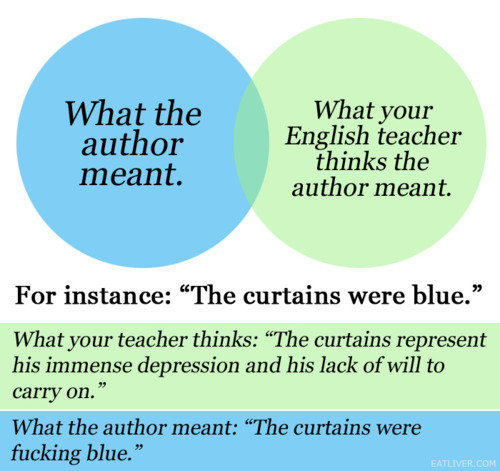However, why do some pejoratives deliver a stronger impact than others? In A Raisin in the Sun by Lorraine Hansbury, Mrs. Johnson exclaims, "Why if we left it up to these here crackers, the poor niggers wouldn't have nothing- (She clasps her hand over her mouth.)- Oh, I always forgets you (Mama) don't 'low that word in your house." Mama solemnly replies, "No- I don't 'low it." But, crackers... Mrs. Johnson uses the word "crackers" with the word "nigger". Crackers is a negative slang term for white people, though fairly uncommon now, but why isn't it also banned in her home? It originates from a white man cracking a whip on his animals, his slaves; a man who slashed new, disgusting scars on humanity's history; someone who has corrupted the God given order of love among his people. Why is that word allowed?
Because society as a whole gives power to it's language and has deemed that only a certain set of words are "bad". We can connote anything to any word, but it's easier if we just embrace what we've been handed. So, we can fall into three categories: those who use the words freely, those who abstain out of respect to the public, or those who abstain because they believe it is the "right" thing to do. Whatever category you fall into though, it's possible to collectively negate the unsavory associations of such powerful words: stop using swears as a slam and stop reacting harshly to unpleasant words. As a group, we have a language, but as an individual we can change what it all means.
Because society as a whole gives power to it's language and has deemed that only a certain set of words are "bad". We can connote anything to any word, but it's easier if we just embrace what we've been handed. So, we can fall into three categories: those who use the words freely, those who abstain out of respect to the public, or those who abstain because they believe it is the "right" thing to do. Whatever category you fall into though, it's possible to collectively negate the unsavory associations of such powerful words: stop using swears as a slam and stop reacting harshly to unpleasant words. As a group, we have a language, but as an individual we can change what it all means.
 <- Manhattan!
<- Manhattan! <- ... Troy...
<- ... Troy...


